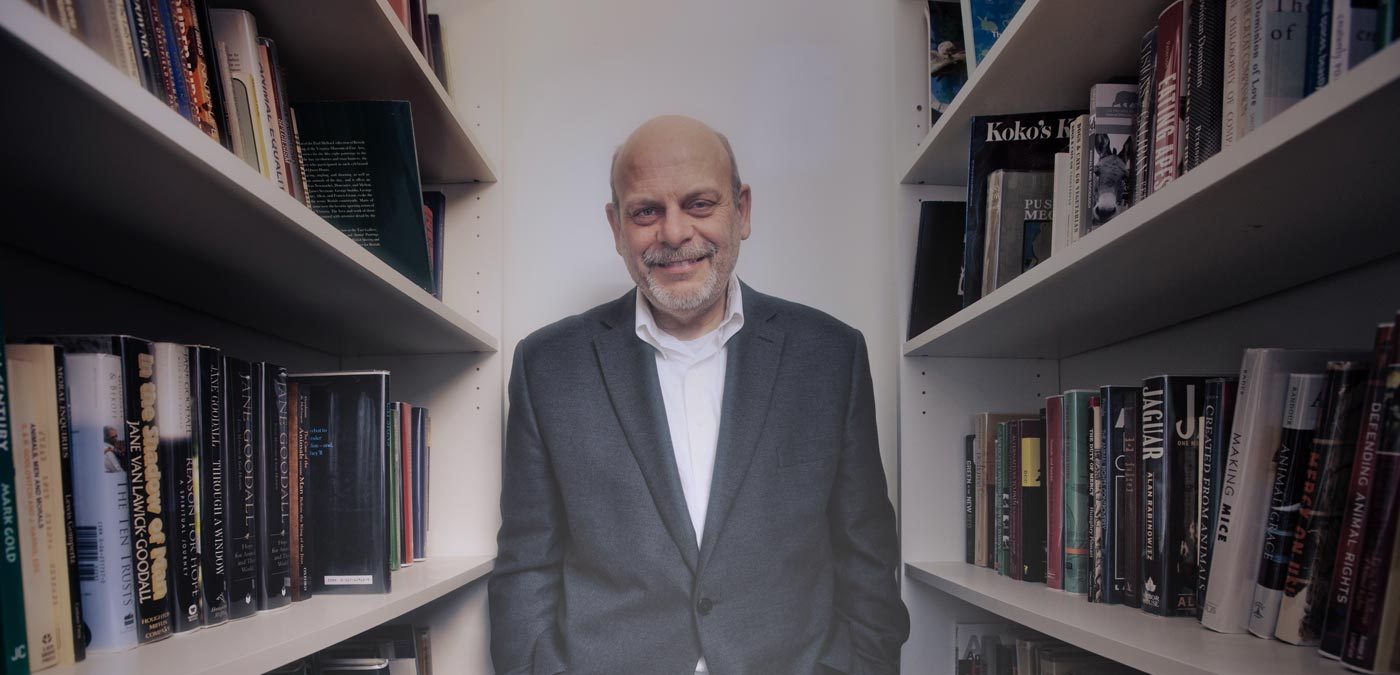Johann Hari Discusses CEO Salaries
Important columnist Johann Hari ask this vital question — In 1980, the average CEO in America and the UK took 42 times the average worker’s wage. By 2000, it was 531 times. Did CEOs become 12 times more effective? Or was this another trick of the boom-light? — in a discussion of a new book by David Bolchover, Pay Check: Are Top Earners Really Worth It?, Hari concludes,
Bolchover suggests when a company has narrowed its CEO selection down to six good candidates, it should ask everyone on the shortlist to name the lowest wage and bonus package they are prepared to work for. The one who comes in with the lowest bid should get the job. (There would be a reasonable floor to make sure independently rich people didn’t fill them all by offering to work for £1.) Plenty of extremely able people would be happy to run a major corporation for a fraction of the current pay: the prime minister earns £130,000 a year, and there’s no shortage of candidates. Government regulation should make this standard practice. Suddenly, instead of the endless puffing up of CEO pay, it would start to fall to reasonable levels. It would be hugely popular: a poll for the Financial Times found 80 per cent of us think business leaders are overpaid. It would be a sign – at last – of a return to sobriety after the crazed, confected amphetamine rush of the boom-dream.
It would be interesting to see this idea put into practice by, perhaps, starting with the salaries of CEOs in the not-for-profit sector.











